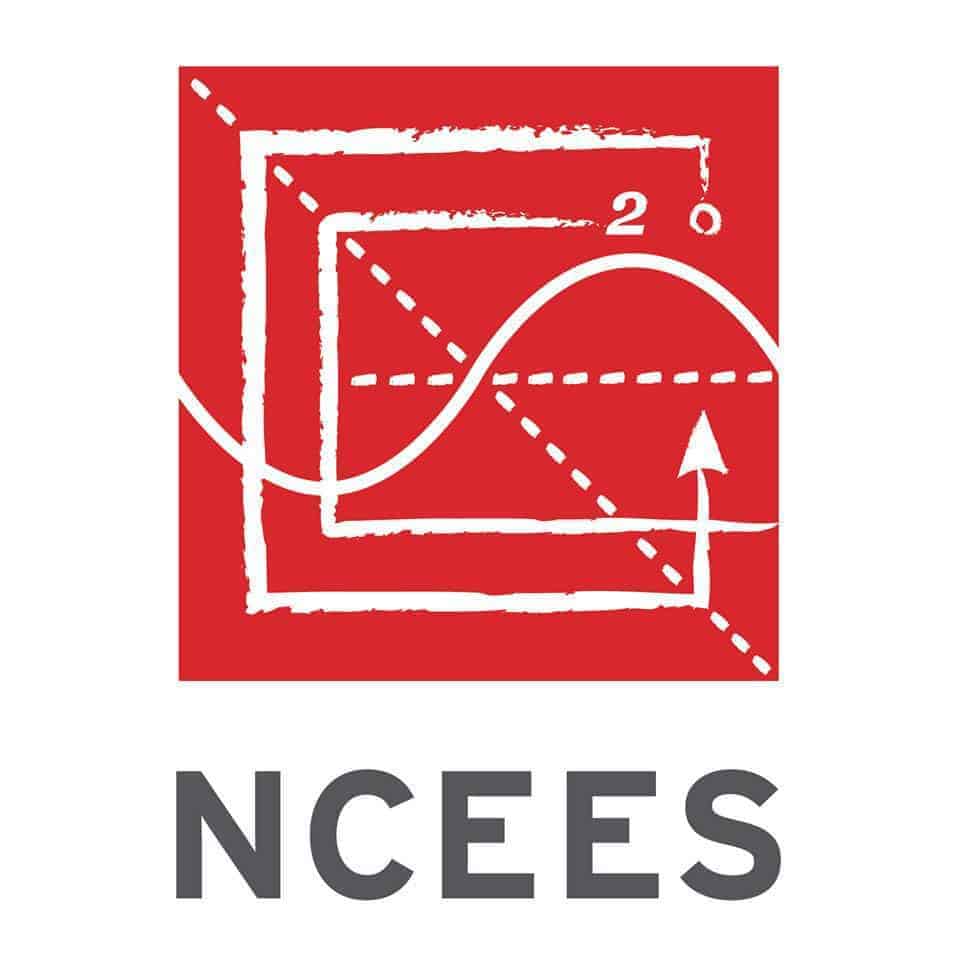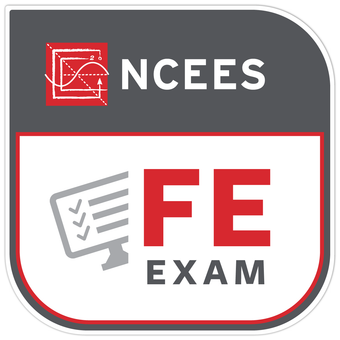Fundamentals of Engineering Exam

As an undergraduate engineering student, you might wonder about the value of obtaining a Professional Engineering (PE) license and taking the Fundamentals of Engineering (FE) exam. First and foremost, a PE license can be a powerful catalyst for career advancement.
 In many engineering fields, particularly civil engineering, a PE license is often a prerequisite for leadership positions and higher-level roles. It opens doors to a broader range of job opportunities and can lead to increased responsibilities and higher salaries.
In many engineering fields, particularly civil engineering, a PE license is often a prerequisite for leadership positions and higher-level roles. It opens doors to a broader range of job opportunities and can lead to increased responsibilities and higher salaries.
Moreover, a PE license provides legal recognition of your expertise. In numerous jurisdictions, only licensed Professional Engineers have the authority to sign and seal engineering documents, approve engineering plans, or offer services directly to the public. This legal standing is crucial for many engineering projects and can set you apart in your professional field.
-
How do I become a Professional Engineer?
- Earn a degree from an ABET-accredited engineering program
- Pass the Fundamentals of Engineering (FE) exam (can be taken prior to graduation)
- Register as an Engineer in Training (EIT)
- Gain work experience under the supervision of a PE (usually 4 years)
- Pass the PE Exam
-
What is the Fundamentals of Engineering Exam?
The Fundamentals of Engineering (FE) exam is generally your first step in the process of becoming a licensed professional engineer (P.E.). It is designed for recent graduates and students who are close to finishing an undergraduate engineering degree from an EAC/ABET-accredited program. The FE exam is a computer-based exam administered year-round at NCEES-approved Pearson VUE test centers. A $225 exam fee is payable directly to NCEES.
The FE exam includes 110 questions. The exam appointment time is 6 hours long and includes:
- Nondisclosure agreement (2 minutes)
- Tutorial (8 minutes)
- Exam (5 hours and 20 minutes)
- Scheduled break (25 minutes)
-
Why take the Exam?
In the competitive job market, successfully passing the FE exam can provide an edge over other candidates, enhancing your credibility among potential employers.
The licensing process emphasizes the ethical responsibilities of engineers. It reinforces the critical importance of public safety and professional conduct in engineering practice. This ethical grounding is fundamental to the profession and can guide your decision-making throughout your career.
Additional reasons to take the FE Exam:
- FE Graduation Honor Cords are available to current engineering students who pass the FE Exam prior to graduation. If you have passed the examination, reach out to engagement@clemson.edu to request your cord!
 Receive an FE Exam digital badge that can be shared on LinkedIn (right). This is a great way for employers to verify that you have passed the exam, setting you apart from other candidates.
Receive an FE Exam digital badge that can be shared on LinkedIn (right). This is a great way for employers to verify that you have passed the exam, setting you apart from other candidates.- Gives you membership in a distinctive peer group made up of your fellow professionals.
- Looks good to potential employers.
- Aids in your career advancement and compensation because many engineering positions require the employee to hold a Professional Engineer's license.
The College of Engineering, Computing and Applied Sciences encourages all engineering students who are considering licensure to take the Fundamentals of Engineering examination.
Register for the FE Exam
Licensing Board Information: South Carolina FE Exam
- Create an account on MyNCEES (include Clemson University)
- Choose an examination time and location - browse testing centers
- Pay the examination fee and follow additional instructions provided by NCEES
Financial Assistance may be provided for students who fully qualify and is available on a first-come, first-served basis until assistance funding is exhausted.
Request FE Examination Waiver
- Create an account on MyNCEES (include Clemson University)
- Fill out the Exam Waiver Form
- If approved, a voucher code will be applied to your MyNCEES Account
- Apply the code at checkout when registering for the examination.
NOTE: The exam waiver must be used within 3 months of being added to an NCEES account.
Clemson University would like to thank the South Carolina Department of Labor, Licensing and Regulation, as well as the South Carolina Board of Registration of Professional Engineers and Surveyors, for their generous support and for making examination waivers possible.
